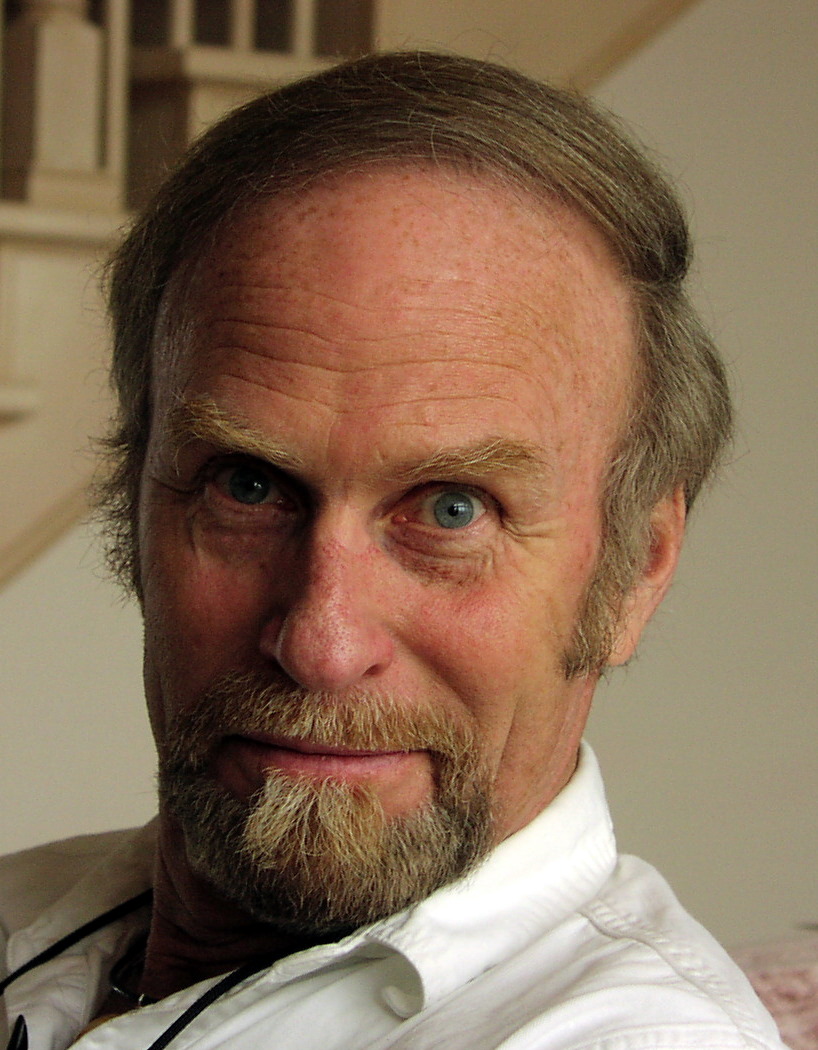In 1950, Bangladesh teemed with 100 million people. Today, it overflows with 144 million people. That might not be so bad, except for one thing: Bangladesh endures that many people in a landmass not much bigger than Ohio!
Dr. Alan Kuper, a man I admire and respect, illustrates our accelerating dilemma with metaphors that make sense. He reports from his web site: “In the days of sailing ships, sailors used to leave goats on islands as they passed to ensure fresh meat on return trips. It worked too well. The animals bred faster than the sailors could eat them, and from the Channel Islands off California to the Seychelles in the Indian Ocean, goats ate all the vegetation and starved. The goats also screwed up the environment so that native species couldn’t survive, either," said John Wenzel, director the Ohio State University Museum of Biological Diversity. “For example, the goats stripped away the plants’ low-growing leaves so that tortoises couldn’t find enough to eat.”
Biologists explain the “lesson of the goats” as it applies to humans and point out how our "island earth" suffers.
“Two weeks ago, the Inter-governmental Panel on Climate Change released its report blaming humans for increased temperatures, melting glaciers and rising seas,” Kuper reported. “Too many people burn too many fossil fuels at 82 million barrels daily.”
That doesn’t account for millions of tons of coal, natural gas and wood being burned every day by 6.6 billion humans.
"With global warming, we’ve been able to create this problem in the first place because we’ve had virtually free energy in the form of fossil fuels," said Ohio State University ecologist Tom Waite.
Kuper reported, “Climate change, Waite and others say, is a sign that we are exceeding the number of people Earth can sustain. Every year, at least 77 million humans are born in excess of those who die. That’s 1 billion people every 11 years. Some, however, argue that we are adept at adapting, and point to increased agricultural production and medical advances that fend off disease.”
Right now, Earth’s carrying capacity is thought to be somewhere in the range of four billion to five billion people. We sport 6.6 billion today and grow by 240,000 every 24 hours. See www.populationmedia.org to see the population ticker.
“In biology, the carrying capacity usually refers to the number of animals a given area can support with adequate food, shelter and territory or the space to reproduce,” Kuper reported. “Duke University ecologist Stuart Pimm said half of the world’s population has little access to medicine, electricity, safe water and reliable food supplies.”
"When you get to the nitty-gritty of the term, some animals are more equal than others. Some countries are a lot more equal than others," Pimm said. "You might have 50 billion, but the quality of life might not be terribly pleasing. Rabbits are the same way. The key word is support."
“The United States possesses resources to sustain less than half of its current population of 300 million, according to ecologist Paul Ehrlich, who first called attention to potential population problems in 1968 with his book, “The Population Bomb,” Kuper reported. “Waite and other ecologists increasingly think of the idea of carrying capacity in terms of an ecological "footprint," the amount of land on Earth that it takes to support a group of people.”
Americans, who make up five percent of the world’s population, use 25 percent of its resources and cast a large footprint.
"Ohio’s footprint is like 11 times the state of Ohio," Waite said. “The average American’s footprint is about 22 acres. By far, the largest component is energy. In contrast, the average citizen of India has a footprint one-sixteenth that size.”
Kuper reported, “If all 6 billion people were to share the world’s resources equally, Americans would have to reduce consumption by 80 percent for each of us to have a footprint of about 4.4 acres.”
“Waite rides a bicycle most days. However, Waite’s footprint grows when he arrives on campus or has to rent a car to attend a meeting out of town,” Kuper reported.
"The moment I show up at work, I suddenly violate the fair Earth share and I become unsustainable. Carrying capacity and footprint are tied to the global economy, which has quadrupled since the world’s population doubled,” said Waite.
(Note: You can view every article as one long page if you sign up as an Advocate Member, or higher).





